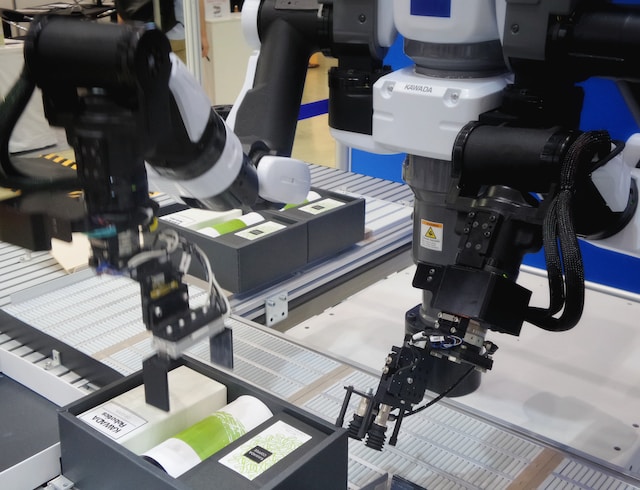In today’s rapidly advancing world, technology is an integral part of our daily lives, revolutionizing the way we work, communicate, and live. From smartphones to artificial intelligence, a wide range of technologies has emerged, each with its unique capabilities and applications. This article delves into the various types of technology that have transformed our world.
Information Technology (IT)
Information Technology, often abbreviated as IT, encompasses the hardware, software, and networks that allow us to process, store, and transmit information. Computers, servers, and data centers form the core of IT infrastructure, enabling businesses to manage vast amounts of data efficiently. Software applications, such as operating systems and productivity tools, empower users to perform a myriad of tasks. The internet and computer networks facilitate seamless communication and access to information worldwide.

Communication Technology
Communication technology has undergone remarkable advancements in recent years. Smartphones, a ubiquitous part of modern life, have evolved into multifunctional devices that connect us to the internet, social media, and countless applications. High-speed internet, fiber-optic cables, and 5G networks enable lightning-fast data transmission, making video conferencing, streaming, and online gaming smoother than ever.
Biotechnology
Biotechnology is a field that leverages biological systems and processes to develop products and technologies that benefit humanity. Genetic engineering, for instance, has revolutionized medicine by enabling the production of insulin through genetically modified bacteria. Biotechnology also plays a crucial role in agriculture, with genetically modified crops enhancing yield and resistance to pests.
Artificial Intelligence (AI)
Artificial Intelligence is a rapidly evolving technology that enables machines to mimic human intelligence. Machine learning algorithms analyze vast datasets to make predictions, automate tasks, and improve decision-making processes. AI is now prevalent in various applications, from virtual assistants like Siri and Alexa to self-driving cars and healthcare diagnostics.

Renewable Energy Technology
As concerns about climate change grow, renewable energy technology has gained momentum. Solar panels, wind turbines, and hydropower generators harness renewable sources to produce clean energy. Energy storage systems, such as lithium-ion batteries, store excess energy for later use, reducing our reliance on fossil fuels.
Robotics
Robotics is a field that designs and builds machines capable of performing tasks autonomously or with minimal human intervention. Robots are employed in manufacturing industries for tasks like welding and assembly, while drones are used for surveillance, agriculture, and even package delivery. The development of humanoid robots holds promise in healthcare, elderly care, and disaster response.

Space Technology
Advancements in space technology have opened up new frontiers in exploration and communication. Satellites orbiting Earth facilitate global navigation, weather forecasting, and satellite TV. Space telescopes like the Hubble Space Telescope have provided invaluable insights into the cosmos. Private companies are also exploring commercial space travel, paving the way for potential colonization of other planets.
Conclusion
Technology continues to shape our world in profound ways, touching nearly every aspect of our lives. From the digital realm of Information Technology to the biological frontiers of Biotechnology, each type of technology plays a crucial role in our society. As these technologies advance further, our world will undoubtedly witness even more transformative changes, and it is crucial for individuals and societies to adapt and harness these innovations for the betterment of humanity. Embracing and understanding these technologies is key to navigating the ever-evolving landscape of the modern world.

